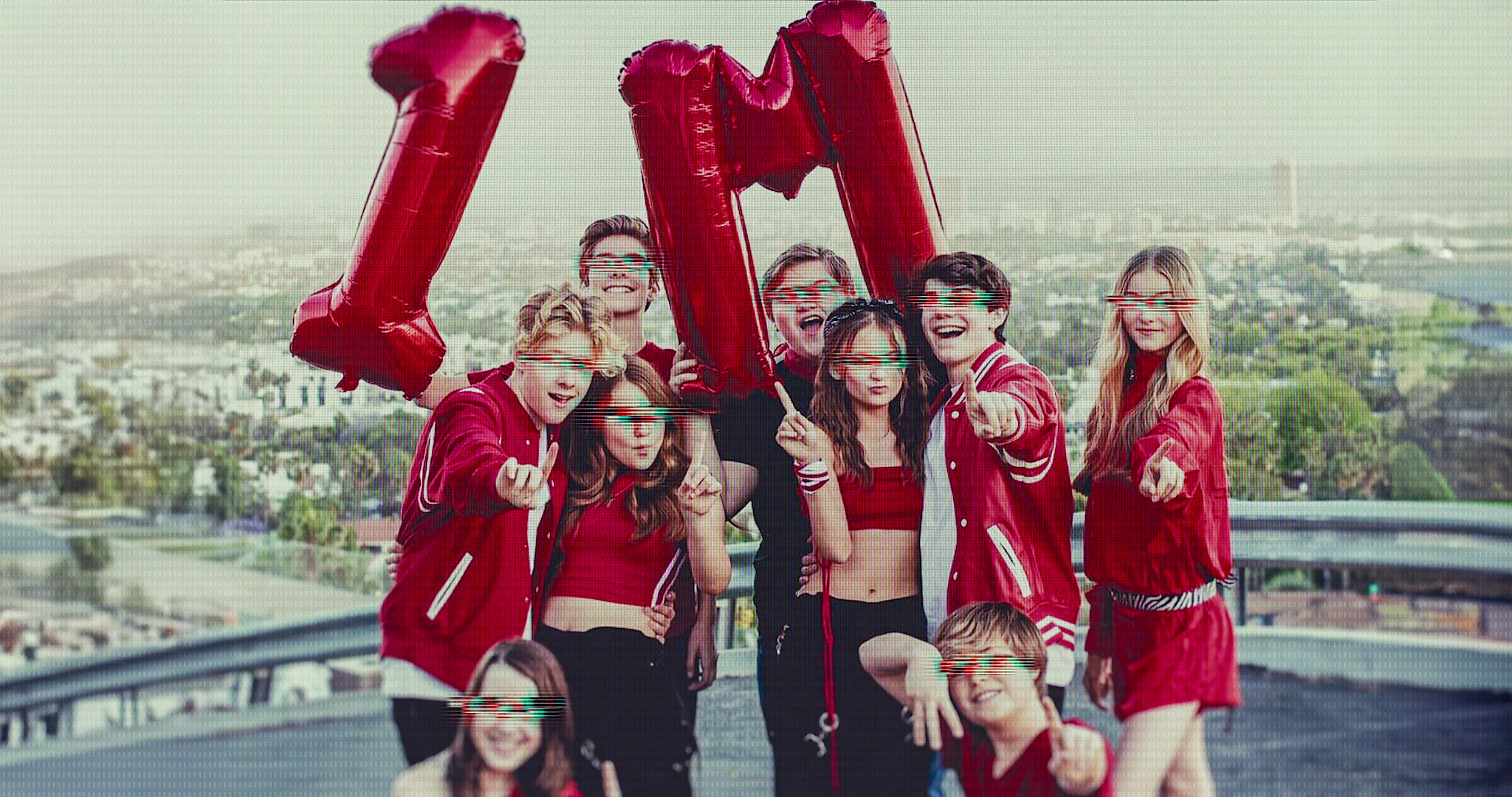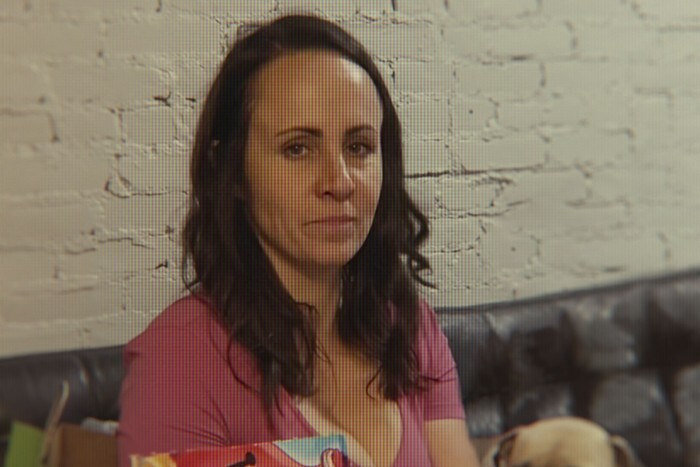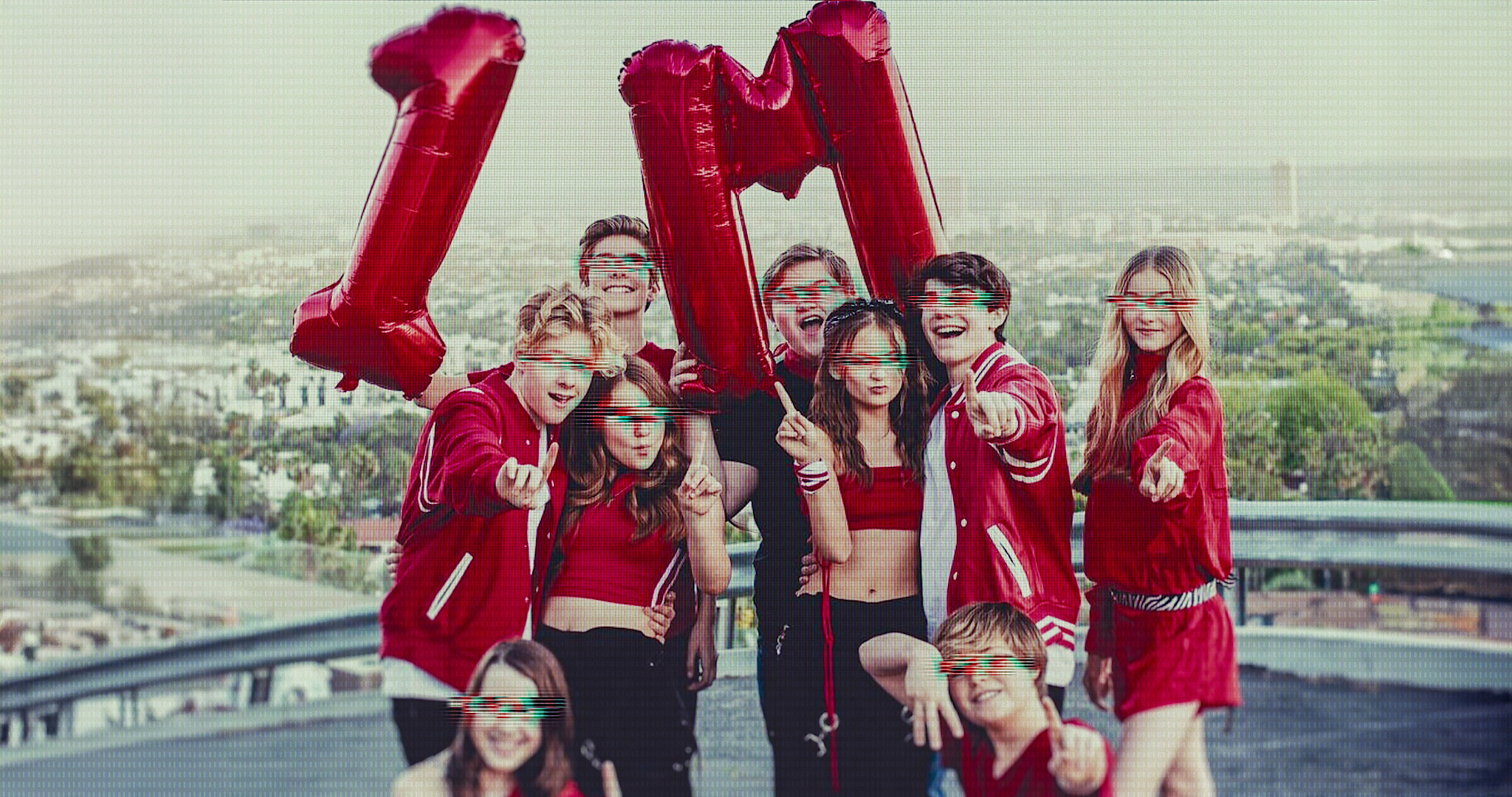A documentary that hurts — and that's exactly why it's so important. With Bad Influence, Netflix shows: Behind cute thumbnails often lies a reality that's anything but child-friendly.

With the new Netflix documentary Bad Influence: The Dark Side of Kidfluencing, a long-overdue conversation is finally taking place, about the exploitation of children in the world of influencers. Across three powerful episodes, the series shows just how quickly childhood, safety, and privacy can be lost when views and engagement become more important than protection.
When Parents Sell Their Children On The Internet
At the center of the story is young YouTuber Piper Rockelle and her mother, Tiffany Smith. What started as a family project with seemingly harmless videos quickly turned into a social media empire and into a toxic structure of control, manipulation, and emotional pressure. The documentary shows how Rockelle was gradually built up as the centerpiece of a YouTube “squad,” with daily content production involving challenges, fake relationships, and provocative poses clearly targeted at an adult audience.
Former squad members report serious boundary violations by Tiffany Smith. One particularly disturbing allegation states: The mother sent her daughter's underwear to a fan, saying that "old men like to smell it". There was also a live stream that upset many people, in which she forced herself on a child to kiss him. Influencer Reagan Beast, who was 17 at the time, says that Tiffany Smith provided him with alcohol and then forced herself on him and kissed him during a livestream. Tiffany also made sexual remarks towards several other squad members, including the girls. Multiple members report that Tiffany sexually assaulted them regularly. The children were as young as 9 years old. In 2022, a lawsuit was filed — and in 2024, a settlement of $1.85 million was reached.

No Rules, No Protection
What Bad Influence makes painfully clear is this: when it comes to kidfluencing, there are hardly any legal safeguards. While traditional child stars in film or television are protected by labor laws and child welfare regulations, influencer kids often exist in a legal grey area — especially when their own parents act as their managers. In the series, several participants report filming 10 to 15 videos a day, with working hours stretching up to 12 hours daily. Breaks were rare, tears were common, but the camera kept rolling. Some of the children describe feeling exhausted, underfed, and powerless. And all of it was framed as "teamwork" and "family content."
sorry but the parents in #BadInfluence on netflix making excuses like "we didn't know what was going on" please. you were willfully ignorant because you viewed your kids as cash cows.
— alex (@alex_bleich) April 11, 2025
Statements like these highlight just how urgently clear legal regulations and independent oversight are needed. Without protection, boundaries, and supervision, children in this industry quickly stop being seen as human beings, with a right to rest, growth, and a real childhood and instead become nothing more than content. By now, it’s no secret that a significant portion of kidfluencer audiences consists of adult men. Only 8% of the audience are other children, 92% are adult men. In fact, content shared by family vloggers or child influencers has repeatedly been found circulating in forums known to be frequented by pedophiles.
What This Documentary Sets in Motion
Bad Influence is not easy to watch. It’s not a hate piece aimed at influencers or parents. It’s a call to pay closer attention. Furthermore, it’s about protecting children instead of turning them into products, and about holding platforms accountable. The documentary makes one thing clear: we urgently need rules that reflect the reality of 2025.
This documentary is hard to watch — but maybe that’s exactly why it’s so necessary.
What do you think about this topic? Let us know in the comments!


































